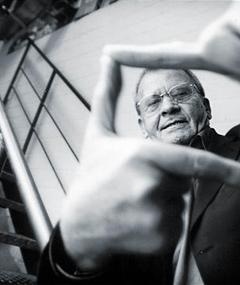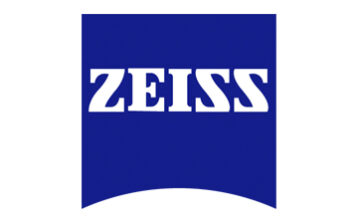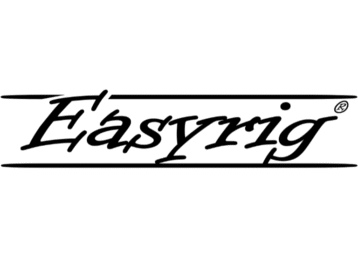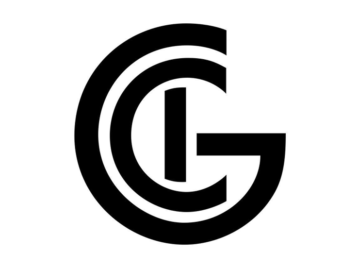
Jost Vacano BVK long time activist for the authorship recognition for the cinematographer has gained a long time suit reports Hollywood reporter.
As you can read below the Munich court ruled in favor to Jost Vacano BVK who was the cinematographer in the well-known German Film «Das Boot» recognizing that he was right of having a great deal of influence in the film as the cinematographer. By this decision the court recognizes the influence on the film by the cinematographer so he should be entitled to receive a share of the profit. The decision opens a precedent that can be absolutely crucial for the long time ambition that IMAGO is pursuing as to reach the world co-authorship recognition of the cinematography of the film. The cinematographer in most countries of the world is not recognized as an author of the film but regarded as a technician, Therefore he is not entilted to get any royalties or share of the revenue of the film. So this court decision in Munich can be a turning point.
82-Year-Old ‘Das Boot’ Cameraman Will Finally Get Paid
by Scott Roxborough
In a landmark decision, a German court grants cinematographer Jost Vacano $540,000 in compensation and a share in the future profits for his contribution to the Oscar-nominated war drama.
It’s taken more than a decade, but a court in Munich this week ruled in favor of Oscar-nominated cinematographer Jost Vacano, saying he should be better compensated for his contribution to the success of Wolfgang Petersen’s anti-war classic Das Boot.
The court said Das Boot producers Bavaria Film and WDR, as well as distributor Eurovideo, have to pay Vacano €475,000 ($540,000) in compensation, his share of the revenue the pic earned during the period from 2002-2014. In addition, Vacano will receive a 2.25 percent share of all future Das Boot earnings.
The 82-year-old cameraman, who enjoyed Hollywood success with director Paul Verhoeven on films such as Robocop, Showgirls and Total Recall, was initially paid 180,000 Deutsche Marks (around $200,000) for his work on Das Boot. He was not given a share of the profits on the film. But in 2002, the German government, changed the law, adding a so-called “best-seller” clause, allowing people to sue if their initial compensation was “conspicuously misappropriate” to the ultimate financial success of a project. Vacano filed suit, claiming he had a substantial impact in shaping Das Boot. The court agreed and ordered the producers to pay up.
READ MORE ‘Das Boot’ Remake Planned
The compensation is based solely on Das Boot earnings from 2002 to 2014. Previous revenue — the film has earned more than $100 million worldwide — was not included in the suit as it fell under earlier copyright law.
According to court documents, Das Boot earned Bavaria Film $9.5 million over the 12-year period and $10.8 million for Eurovideo, which holds DVD and VOD rights for the film. WDR, a regional public channel which holds TV rights, has to pay compensation for rebroadcasts of the pic, which aired some 54 times on German TV between 2002-2012.
Vacano had initially demanded 3.5 percent of future Das Boot earnings. Producers had offered him a 1.5 percent cut. The court’s ruling on compensation did not include interest payments on the money owed to the lenser, something that could push his lawyers to appeal. Michael Neubauer, managing director of the German Association of Cinematographers, noted that excluding interest payments, or some other form of punitive damages, sets a dangerous precedent.
“If there is no punishment for denying or delaying payment, there is no incentive to properly compensate rights holders from the start,” he told the German newspaper Suddeutsche Zeitung.
Vacano’s lawyer, Nikolaus Reber, said he will study the court’s decision before deciding what, if any, future action to take. A spokesperson for Bavaria Film said the company will appeal the ruling.






























